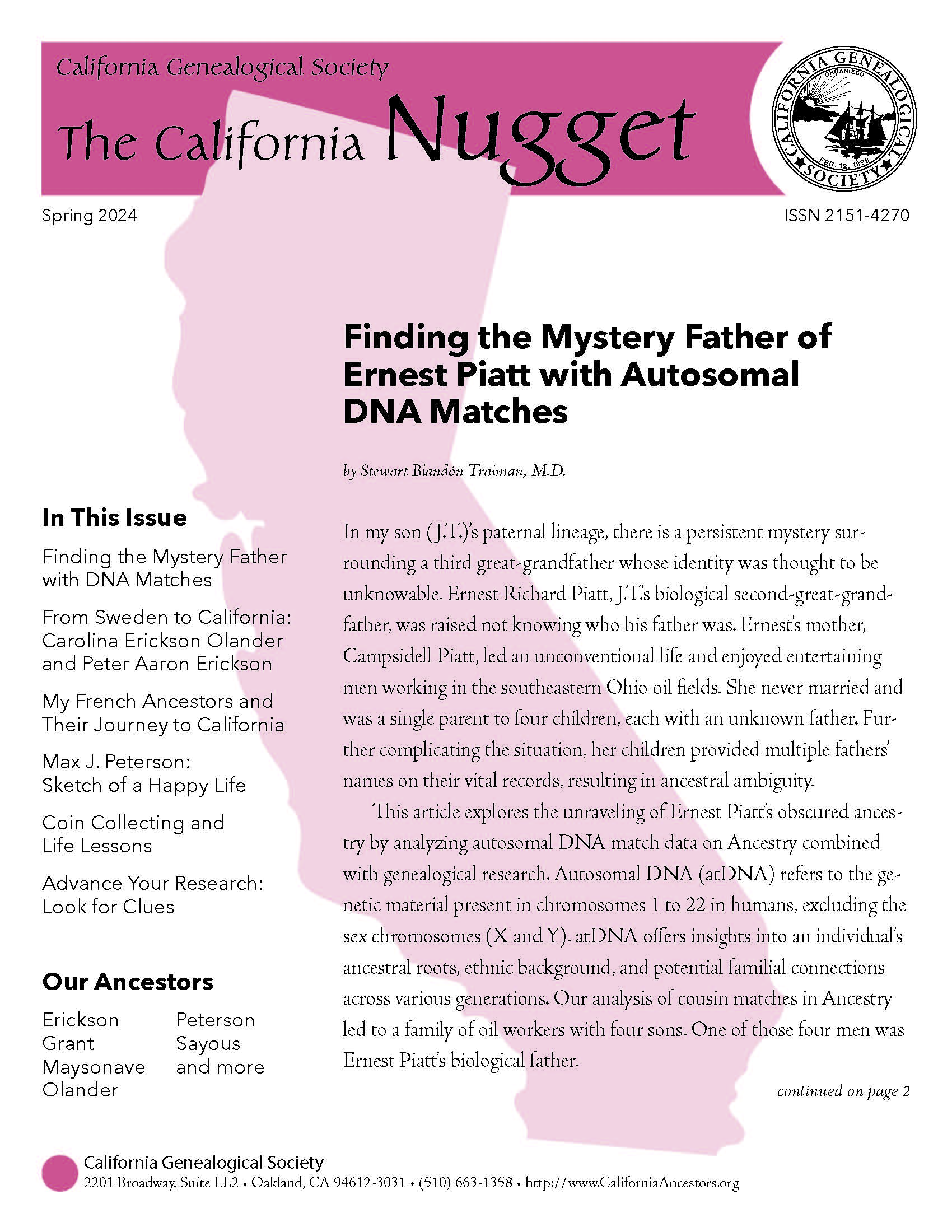Writing and Publishing with an LGBTQ Twist
Having concluded my series on LGBTQ Genealogy and LGBTQ Genealogy and Software, I find myself at a crossroads, contemplating the next topic for blogging. One idea that intrigues me is delving into the art of writing itself. What is my process for transforming the multitude of facts and records from a person’s life into a coherent narrative? After all, isn’t the narrative the ultimate goal of genealogy?
Before my time is up, I aspire to leave behind a meticulously crafted narrative of my life, with a compilation of documents and citations for the benefit of future generations. I want to spare my potential descendants the effort of piecing together scattered documents to reconstruct my life. Armed with all the necessary documents and a written autobiography, I aim to leave no mysteries about who I was, the motivations behind my decisions, and the intricacies of my complex family constellation. I also want to avoid future generations, living with different standards, from misattributing their presentism to my life.
What if all our ancestors had undertaken a similar endeavor? Then where would be the thrill of genealogy sleuthing, the joy of uncovering hidden stories and secrets?
While I contemplate the prospect of writing about writing, I invite you to explore the realm of LGBTQ publishing through Gay Men’s Press (GMP). David Fernbach has penned a piece titled “A Short History of Gay Men’s Press.” David, along with his husband Aubrey Walter, founded the groundbreaking publishing house in 1979 in London.
GMP Publishing emerged from a commitment to providing relevant LGBTQ history and content. Over its lifetime, GMP published more than 300 titles. Margaret Thatcher inadvertently brought attention to GMP by denouncing one of their books, Jenny Lives with Eric and Martin, as gay propaganda. GMP endured through the AIDS crisis, the challenges of running a small business, political attacks, and also made a profound contribution to the body of queer literature, art, and scholarship.
As we navigate the diverse landscape of LGBTQ narratives, both personal and published, we recognize the importance of preserving and sharing stories. Whether it’s crafting our own autobiographies or exploring the rich tapestry of LGBTQ publishing, each narrative adds a unique thread to the fabric of our collective history.




